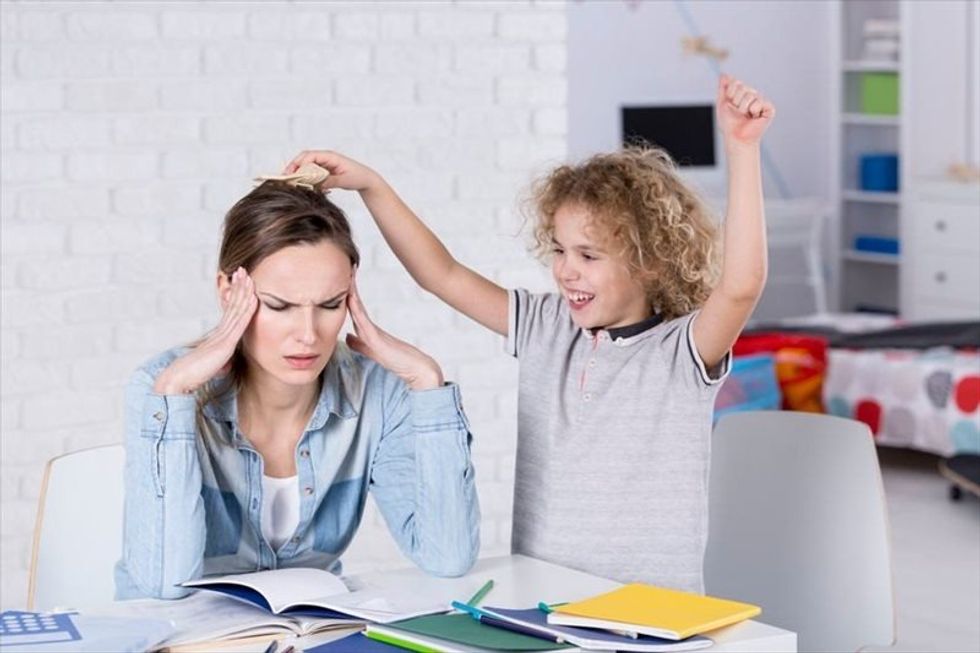Attention Deficit Hyperactivity Disorder (ADHD) is commonly thought of as a disorder that only affects children, but it can also affect adults. It is estimated that up to 5% of adults have ADHD. The disease is characterized by persistent inattention, hyperactivity, and impulsivity pattern that can impact daily functioning. While the symptoms of ADHD in adults may be different from those in children, the impact on daily life can be just as significant.
The exact cause of ADHD is not fully understood; however, several factors may contribute to the development of the disorder. This article will explore ADHD in adults, including symptoms, life tips, and self-help strategies.
Symptoms of ADHD in Adults
ADHD in adults can be present in various ways, and symptoms may differ from person to person. You can book a private ADHD assessment in London if experiencing the following symptoms.
Inattention
Adults with ADHD may struggle with paying attention to details, completing tasks, and organizing their lives.
Hyperactivity
While hyperactivity is often associated with ADHD in children, it can also be present in adults with the disorder. Adults with ADHD may feel restless or fidgety, have trouble sitting still, and may talk excessively.
Impulsivity
Adults with ADHD may struggle with impulsivity, making decisions quickly without fully considering the consequences. This can lead to trouble with finances, relationships, and work.
Poor Time Management
Adults with ADHD may struggle with time management, often procrastinating on tasks until the last minute or forgetting deadlines altogether.
Relationship Problems
The symptoms of ADHD can cause strain on relationships, as adults with the disorder may struggle with communication, listening, and organization.
Life Tips for Adults with ADHD
While ADHD can be challenging, several tips can help adults manage their symptoms and improve daily life. Here are some tips for adults with ADHD:
Get Organized
Developing routines, using calendars, and breaking down tasks into smaller, manageable steps can help adults with ADHD stay organized and on top of their responsibilities.
Prioritize Self-Care
Adults with ADHD may benefit from prioritizing self-care, such as getting enough sleep, consuming a healthy diet, and exercising regularly.
Limit Distractions
Adults with ADHD may find it helpful to limit distractions, such as turning off their phones or closing unnecessary tabs on their computers, to help them stay focused on tasks.
Seek Support
Talking to a therapist, joining a support group, or seeking guidance from a coach can provide adults with ADHD the support they need to manage their symptoms.
Self-Help Strategies for Adults with ADHD
In addition to seeking support, several self-help strategies can help adults with ADHD manage their symptoms. Here are some self-help strategies for adults with ADHD:
Mindfulness
Mindfulness practices, such as deep breathing or meditation, can help adults with ADHD stay present and focused.
Exercise
Regular exercise has been shown to help improve focus and reduce symptoms of ADHD.
Cognitive Behavioral Therapy (CBT)
CBT can help adults with ADHD develop coping strategies and improve their decision-making skills.
Medication
While not for everyone, medication can be an effective treatment for adults with ADHD. Stimulants such as methylphenidate (Ritalin) and amphetamines (Adderall) are commonly prescribed to help manage symptoms.
Conclusion
ADHD is a disorder that can affect both children and adults, and the symptoms of ADHD in adults may differ from those in children. While ADHD can be challenging, several life tips and self-help strategies can help adults with ADHD manage their symptoms and improve daily functioning. If you suspect, you may have ADHD, seeking professional help from a psychiatrist or psychologist is important. They can evaluate symptoms and develop a treatment plan that works for you.



























